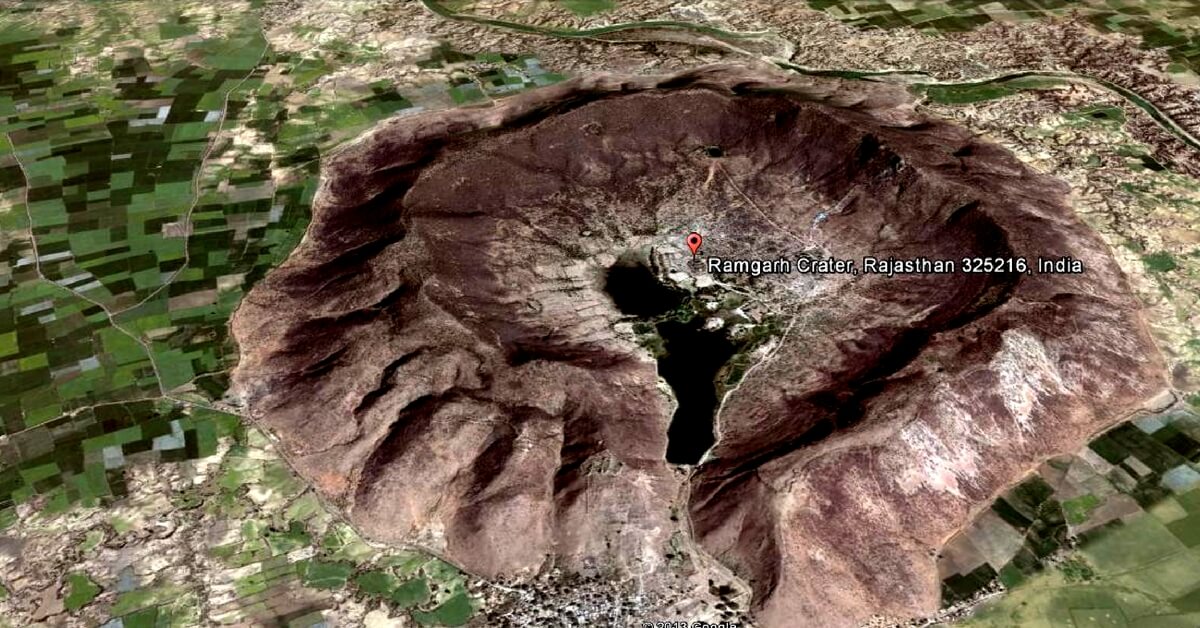Recently, there has been NEWS about Nipah Virus outbreak in Kerala. There has been as many as 12 deaths and more than 90 people have reportedly been quarantined after showing Nipah symptoms. Precautionary advisory has been issued in other states like Maharashtra.
What is Nipah Virus
Nipah Virus is an emerging infectious disease that broke out in Malaysia and Singapore in 1998 and 1999. The infection gets its name from the village (Kampung Sungai Nipah, 1998) in Malaysia where the person from whom the virus was first isolated succumbed to the disease. It first appeared in domestic pigs and has a mortality rate of about 70%.
Nipah virus (NiV) infection is a newly emerging zoonosis that causes severe disease in both animals and humans. The natural host of the virus are fruit bats of the Pteropodidae family, Pteropus genus.
Previous Outbreaks
- In India the disease was first reported in 2001 (Siliguri, West Bengal) and in 2007 (Nadia, West Bengal) with the two outbreaks claiming 50 lives.
- In 2004, people in Bangladesh were infected with Nipha after consuming date palm which was infected by fruit bats (WHO).
Transmission
- The disease mainly spreads through fruit bats or flying foxes. The virus is present in bat urine and potentially, bat faeces, saliva, and birthing fluids.
- The virus can spread to humans through pigs or by eating fruit or drinking palm wine contaminated by infected bats.
- Human-to-human transmission has also been documented, including in a hospital setting in India.

Symptoms
- High Fever, Headache & Drowsiness
- Disorientation & mental confusion
Signs and symptoms can progress to coma within 24-48 hours
Vaccination
There is no vaccine available for the infection, hence, preventive measures are a key to control the spread.
- Farm animals should be prevented from eating fruit contaminated by bats.
Treatment & Cure:
There is no specific treatment for Nipah Virus. The primary treatment for human cases is intensive supportive care. Hence, to avoid virus infection:
- Avoid contact with infected person
- Medical persons doing treatment should take basic precautions like washing hands, using a gown, cap mask and wearing gloves.
What is government doing
- A multi-disciplinary central team from the National Centre for Disease Control (NCDC) is in Kerala and is constantly reviewing the situation.
- Samples collected from the virus have been sent to the National Institute of Virology (NIV), Pune for testing.
SEE VIDEOS:
English:
Hindi





